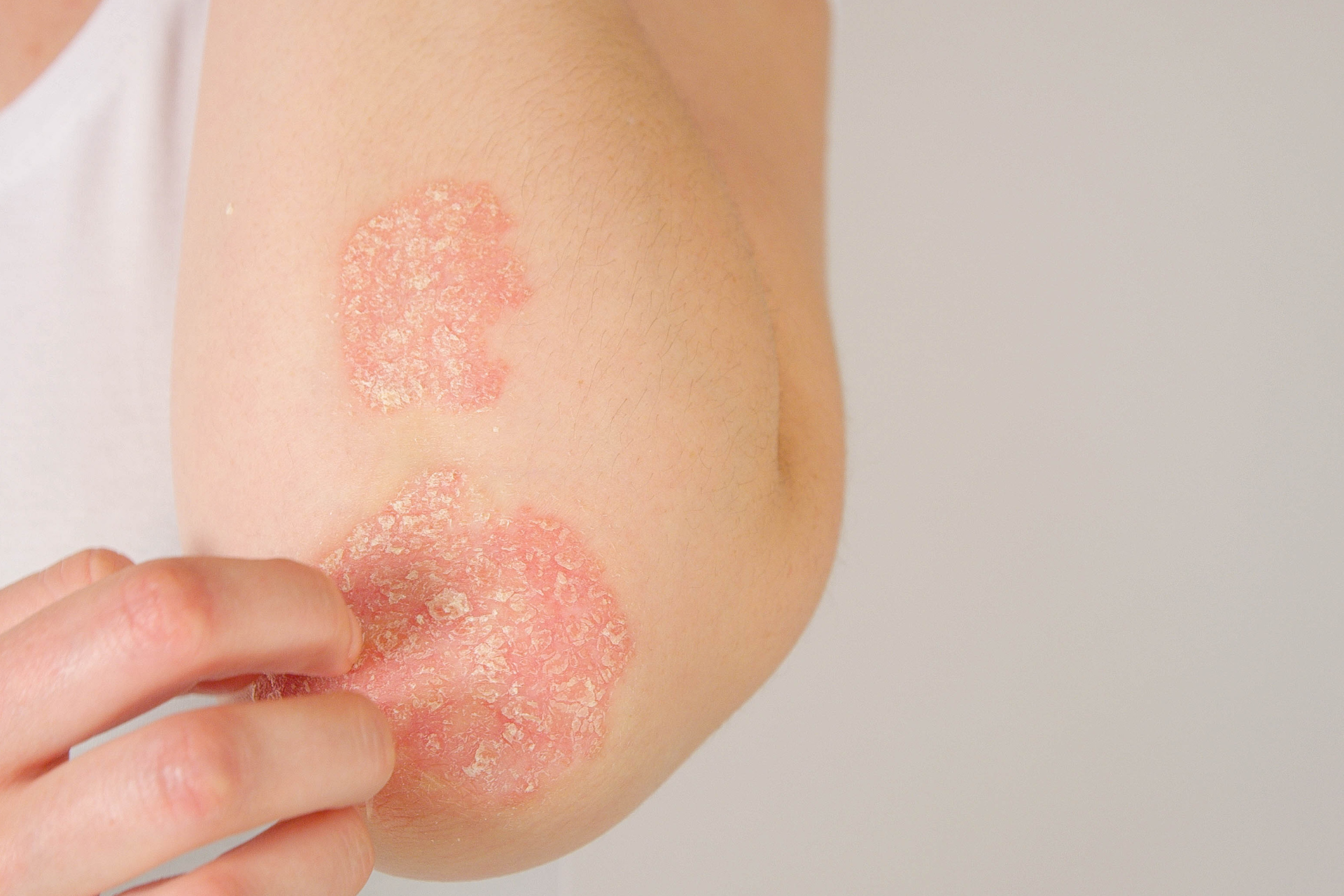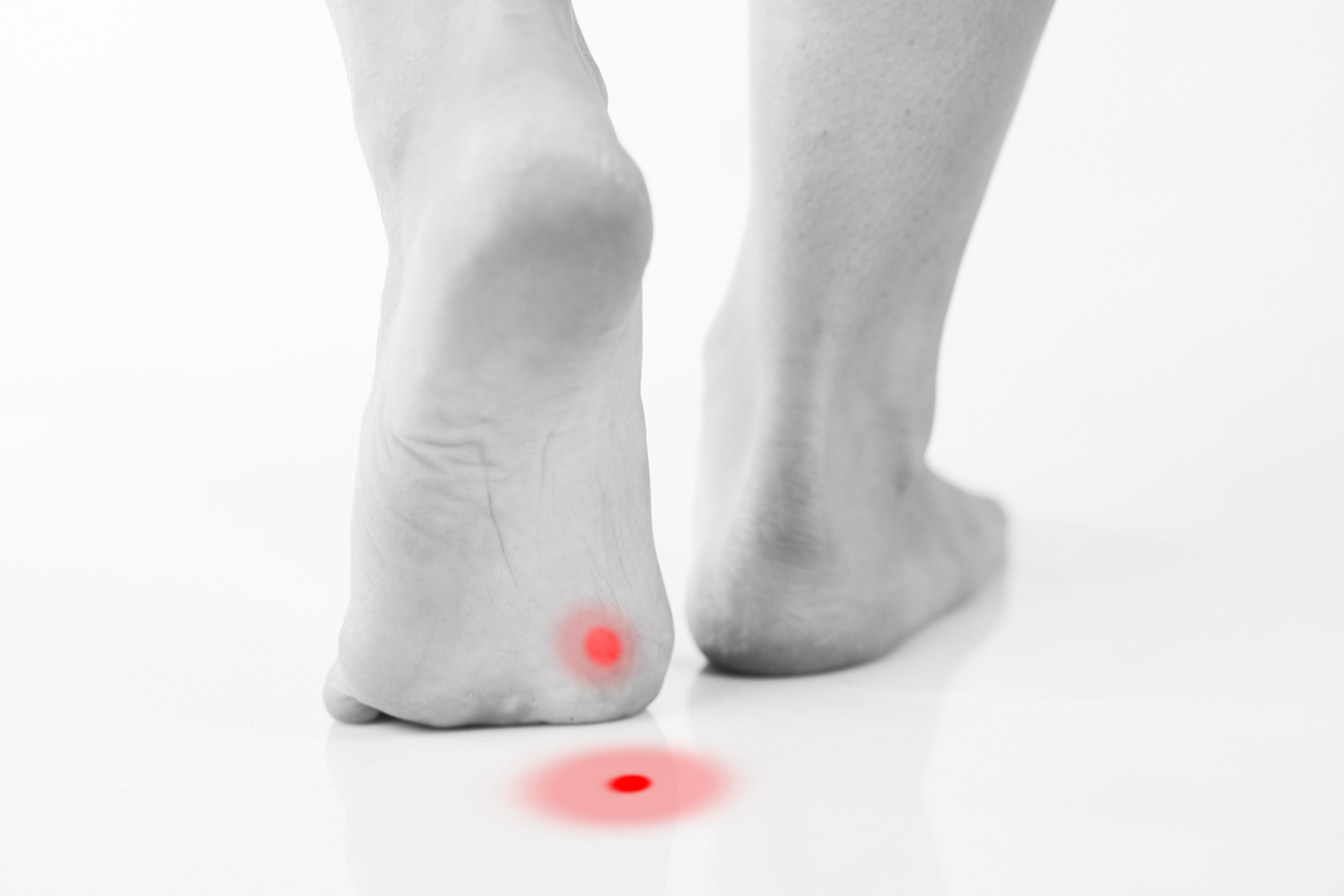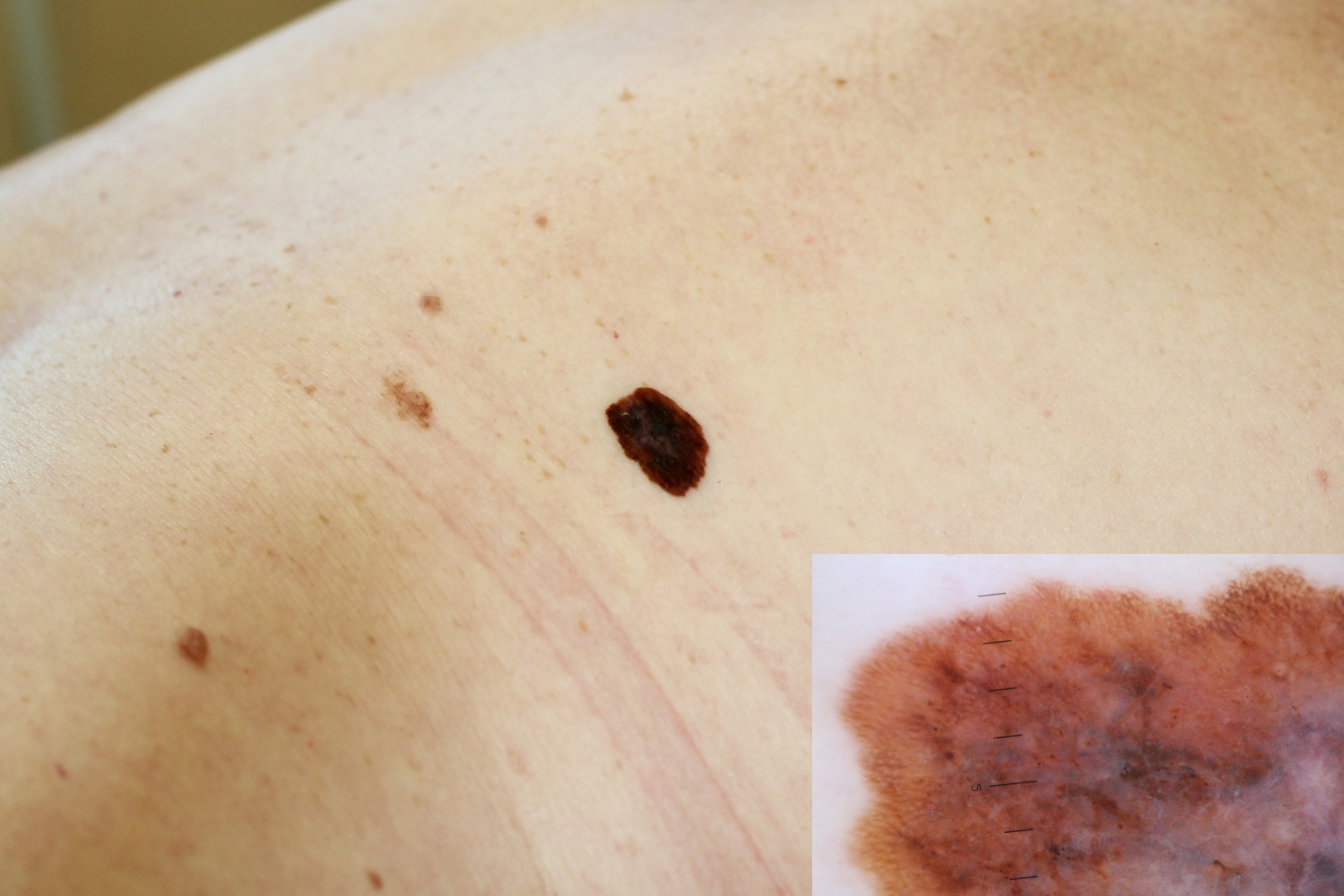Understanding Psoriasis: Symptoms, Triggers, and Treatment Options

Psoriasis is a chronic autoimmune condition that affects millions of people worldwide, causing uncomfortable and often embarrassing symptoms. Understanding this skin condition is crucial for managing it effectively. In this blog post, we will delve into the symptoms, triggers, and treatment options for psoriasis to help you gain a better understanding of this common dermatological issue.
At Fall Creek Skin and Health Clinic, we are committed to providing comprehensive care for patients with various skin concerns, including psoriasis. Our experienced dermatologists and healthcare professionals offer personalized treatment plans to help individuals manage their symptoms and improve their quality of life.
Symptoms of Psoriasis
Psoriasis is characterized by the rapid growth of skin cells, leading to the formation of red, scaly patches on the skin. These patches, known as plaques, can appear anywhere on the body, but are most commonly found on the elbows, knees, scalp, and lower back.
Common symptoms of psoriasis include:
1. Red, inflamed patches of skin covered with silvery scales
2. Itching, burning, or soreness in affected areas
3. Thickened or pitted nails
4. Dry, cracked skin that may bleed
Psoriasis can vary in severity from mild, with only a few patches, to severe, covering large areas of the body. In some cases, psoriasis can also affect the joints, leading to a condition known as psoriatic arthritis.
Triggers of Psoriasis
While the exact cause of psoriasis is not fully understood, certain triggers can exacerbate symptoms or lead to flare-ups. Common triggers of psoriasis include:
1. Stress
Emotional stress can trigger or worsen psoriasis symptoms in some individuals.
2. Infections
Bacterial or viral infections can contribute to psoriasis flare-ups.
3. Weather
Cold, dry weather can dry out the skin and worsen psoriasis symptoms.
4. Medications
Certain medications, such as lithium, beta-blockers, and antimalarial drugs, can trigger psoriasis in some people.
5. Injuries to the skin
Cuts, scrapes, or sunburn can trigger the development of psoriasis lesions in affected areas.
Treatment Options for Psoriasis
At Fall Creek Skin and Health Clinic, we offer a range of treatment options to help patients manage their psoriasis symptoms effectively. Treatment plans are tailored to each individual's unique needs and may include the following approaches:
1. Topical Treatments
Corticosteroids, retinoids, and moisturizers can help reduce inflammation and improve the appearance of psoriasis plaques.
2. Phototherapy
This treatment involves exposing the skin to ultraviolet light to reduce inflammation and slow the growth of skin cells.
3. Systemic Medications
In cases of severe psoriasis, oral or injectable medications may be prescribed to target the underlying immune system response.
4. Biologic Therapies
These medications target specific immune pathways involved in psoriasis to reduce inflammation and improve symptoms.
It is important for individuals with psoriasis to work closely with their healthcare providers to develop a personalized treatment plan that addresses their specific needs and concerns. With the right approach, many patients can effectively manage their psoriasis symptoms and enjoy improved quality of life.
In conclusion, psoriasis is a common skin condition that can have a significant impact on an individual's physical and emotional well-being. By understanding the symptoms, triggers, and treatment options for psoriasis, patients can take control of their condition and work towards better skin health. At Fall Creek Skin and Health Clinic, our team is dedicated to providing expert care and support for patients with psoriasis and other dermatological conditions. Contact us today to schedule a consultation and learn more about our services.
Remember, managing psoriasis is a journey, but with the right support and treatment, individuals can lead a fulfilling and comfortable life.




